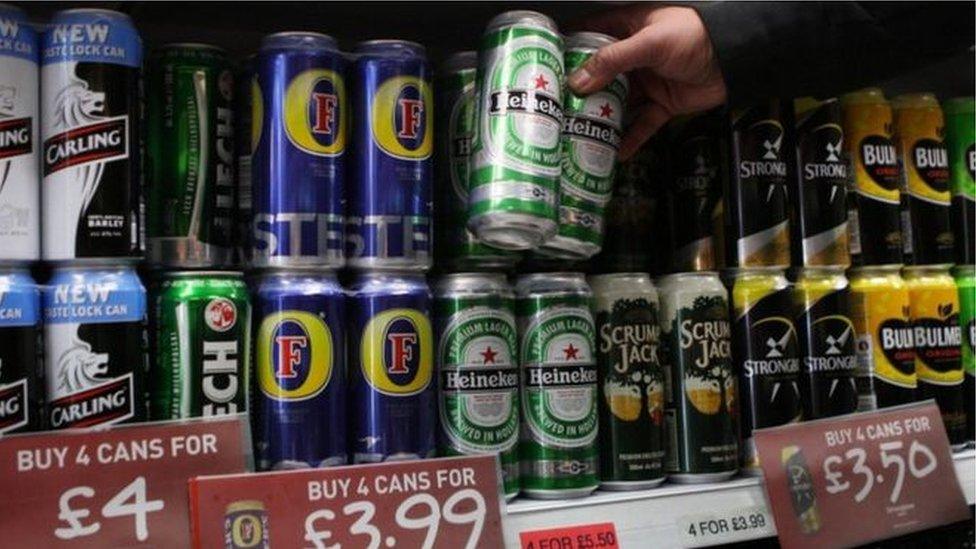Canadian Gerard Comeau takes booze battle to Supreme Court
- Published
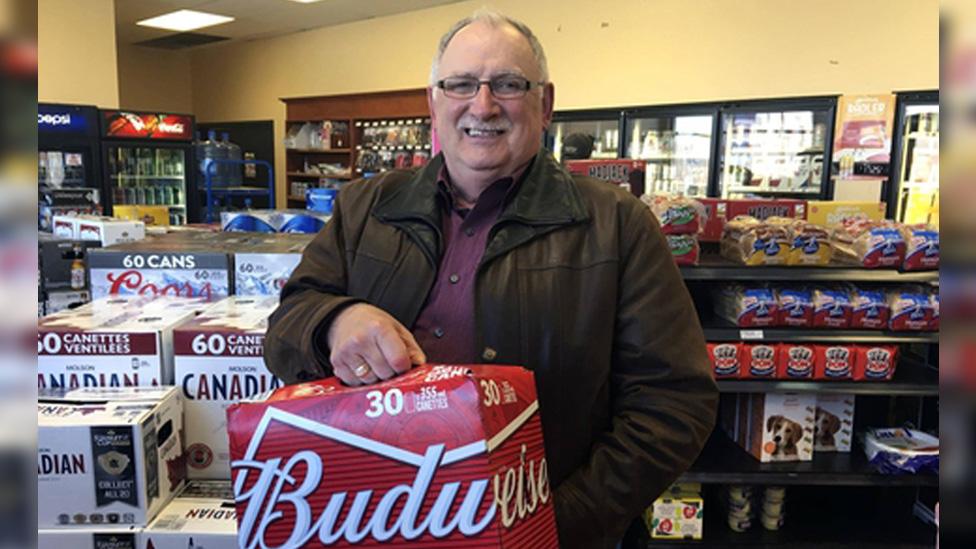
Gerard Comeau buying beer in Quebec after his 2016 court win
Canadian Gerard Comeau liked to drive to pick up beer in the neighbouring province of Quebec, where he could get a bargain on a few cases. But the New Brunswick man didn't know what he was doing was illegal.
On Saturday 6 October 2012, Comeau got into his Honda and made the roughly two-hour drive west from his New Brunswick home to Quebec.
There the retiree stopped at a convenience store, a Quebec government-run liquor store, and a supermarket.
He bought 14 cases of beer - Miller, Bud Light, Coors, Molson - two bottles of whisky and a bottle of Stingner Premixxx liqueur.
But unbeknownst to Comeau, the local Mounties had him under surveillance as he went about his chores.
They nabbed him as soon as he crossed the JC Van Horne bridge back into New Brunswick.
He was pulled over, detained, had his liquor purchases seized from his car boot, and was fined C$292.50 ($230; £170).
The offence?
Violating New Brunswick law, which limited the amount of alcohol a resident could buy in another province to a total of 12 pints.
Comeau was caught as part of a two-day police sting operation to hunt down cross-border beer shoppers.
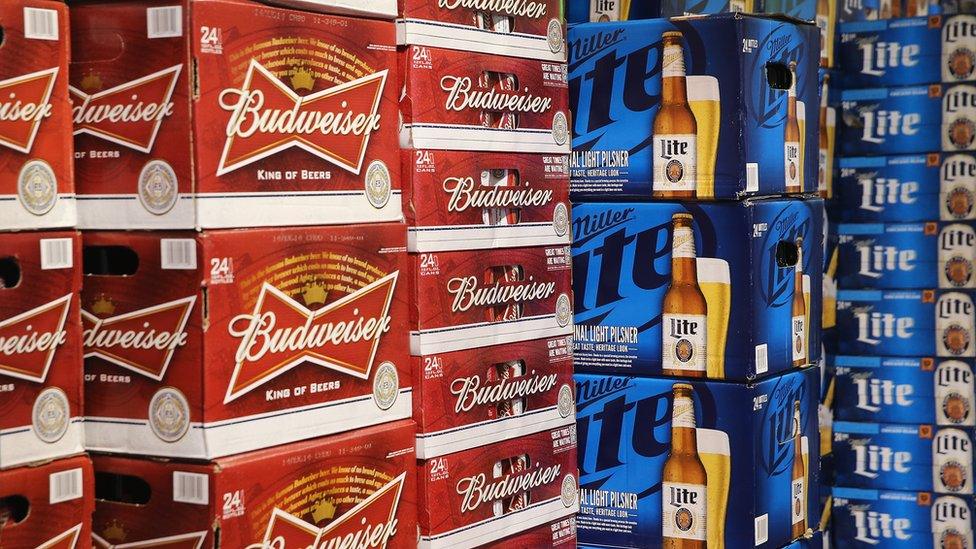
Gerard Comeau picked up Budweiser and Miller products in Quebec
But he decided to fight the ticket - and the case has made it all the way to Canada's highest court.
He told the BBC from his New Brunswick home that he believes buying booze in another province is his constitutional right.
On Wednesday, the Supreme Court will begin two days of hearings into the matter.
Comeau's argument is that under Section 121 of the Constitution, Canadian goods shall "be admitted free into each of the other provinces".
The top court is hearing the case after a New Brunswick provincial court judge ruled in Comeau's favour in 2016, agreeing that Canada's Fathers of Confederation wanted free trade between the provinces.
New Brunswick's public prosecution service appealed that 2016 ruling to the Supreme Court after a provincial appellate court refused to review the matter.
Comeau's case is being supported by the Canadian Constitution Foundation, a charity that helps fund constitutional cases.
"Comeau is such an avatar of ordinary Joe Canadian or Jane Canadian, just trying to save a few bucks buying beer, and the weight of the state came down on him," says CCF executive director Howard Anglin. "I think Canadians have an innate sense of justice and they see that is just absurd and unjust."
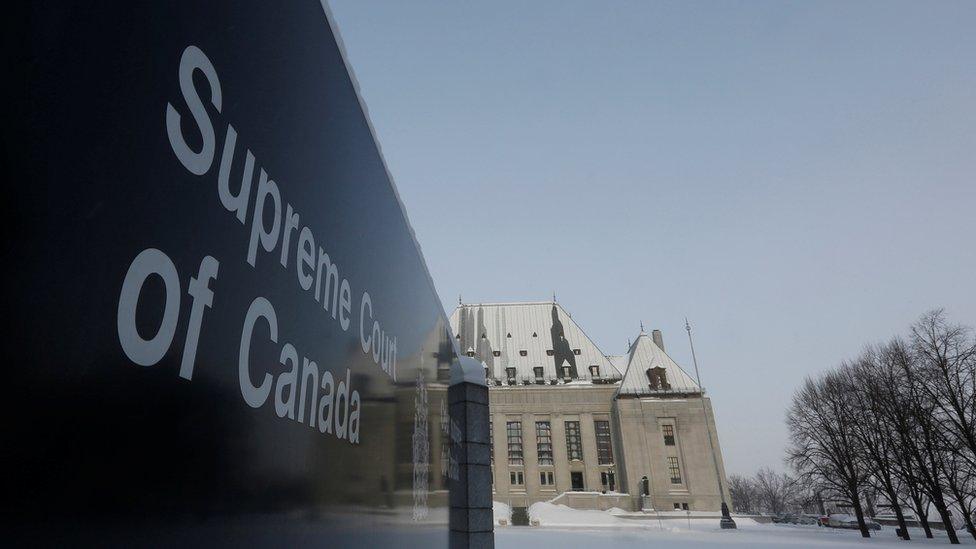
The Supreme Court of Canada will hear Mr Comeau's case in December
Most provinces set limits on the amount of alcohol a person can bring back from another province for personal consumption, and they have joined the litigation as interveners.
Winemakers and distillery groups, as well as cannabis dispensaries, will also be bringing their concerns before the court.
'Patron saint' of wine
Sandra Oldfield, the former chief executive of Tinhorn Creek, a British Columbia (BC) winery, says the province's winemakers have been lobbying for about a decade for an end to provincial restrictions that stop them from being able to ship their products to clients across Canada.
"We shouldn't have a harder time trying to ship it direct to a consumer in Canada than we do to any other country in the world," she says.
This is the first court case where the wineries have the chance to address those legal barriers.
Five small wineries granted permission to appear as interveners have said the barriers "pose an existential threat" to their business by closing them off from direct national distribution to clients.
Oldfield says if Comeau wins his case, it could be a boon for winemakers in the western province.
"I jokingly call him the patron saint of British Columbia wineries," she says.
Cannabis producers are also taking an interest.
Lawyer Kirk Tousaw is acting for marijuana media and advocacy organisation Cannabis Culture.
Cannabis Culture hopes that if the court scraps interprovincial alcohol import limits, the ruling could have implications for new provincial recreational marijuana regimes being set up across Canada, which plans to legalise the drug next summer.
Tousaw says provincial monopolies on the sale of cannabis, like the one proposed by Ontario, "are restrictions on consumer choice".
The eventual Supreme Court decision could result in the liberalisation of the market for alcohol in Canada.
But, depending on how broadly the court chooses to rule on the case, it could resonate beyond that market.
Restrictions imposed by agricultural marketing boards, some of whom will be in court arguing for the status quo, could also be challenged.
Comeau himself says he won't be in Ottawa for the hearings, that he's leaving it up to the lawyers to fight the case.
He still goes to Quebec once in a while to buy beer - and says he never got the booze he bought in 2012 back from police.
But if Oldfield says if Comeau wins, he might not have to worry about making more beer runs.
"I noticed what was in his trunk had nothing to do with wine, so the winemakers could send him a bunch of beer from out here," she says.
- Published7 September 2017
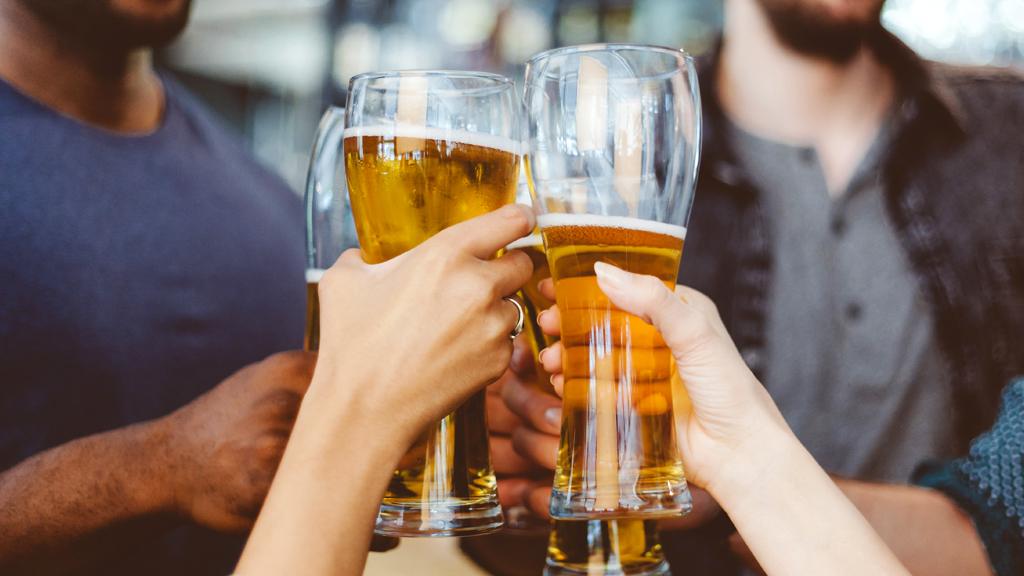
- Published4 June 2017
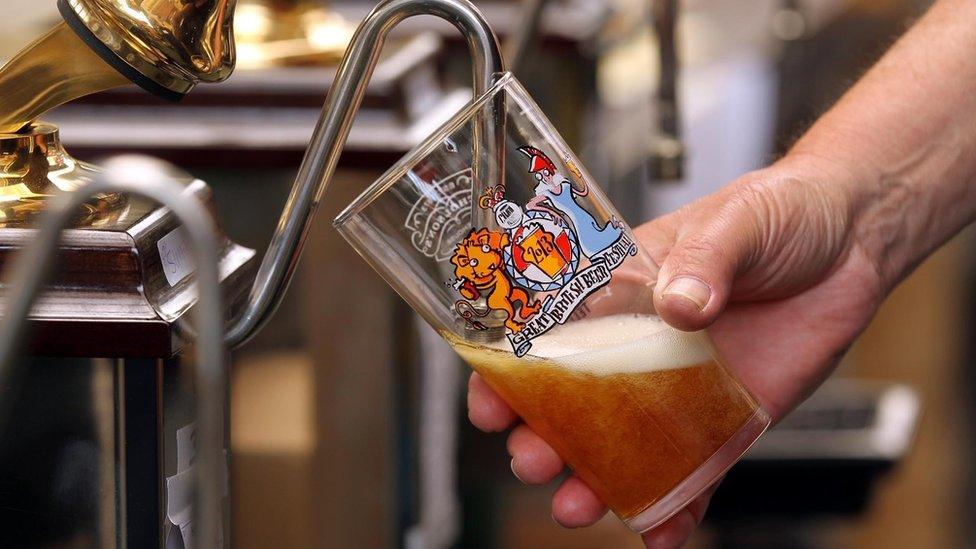
- Published23 October 2017
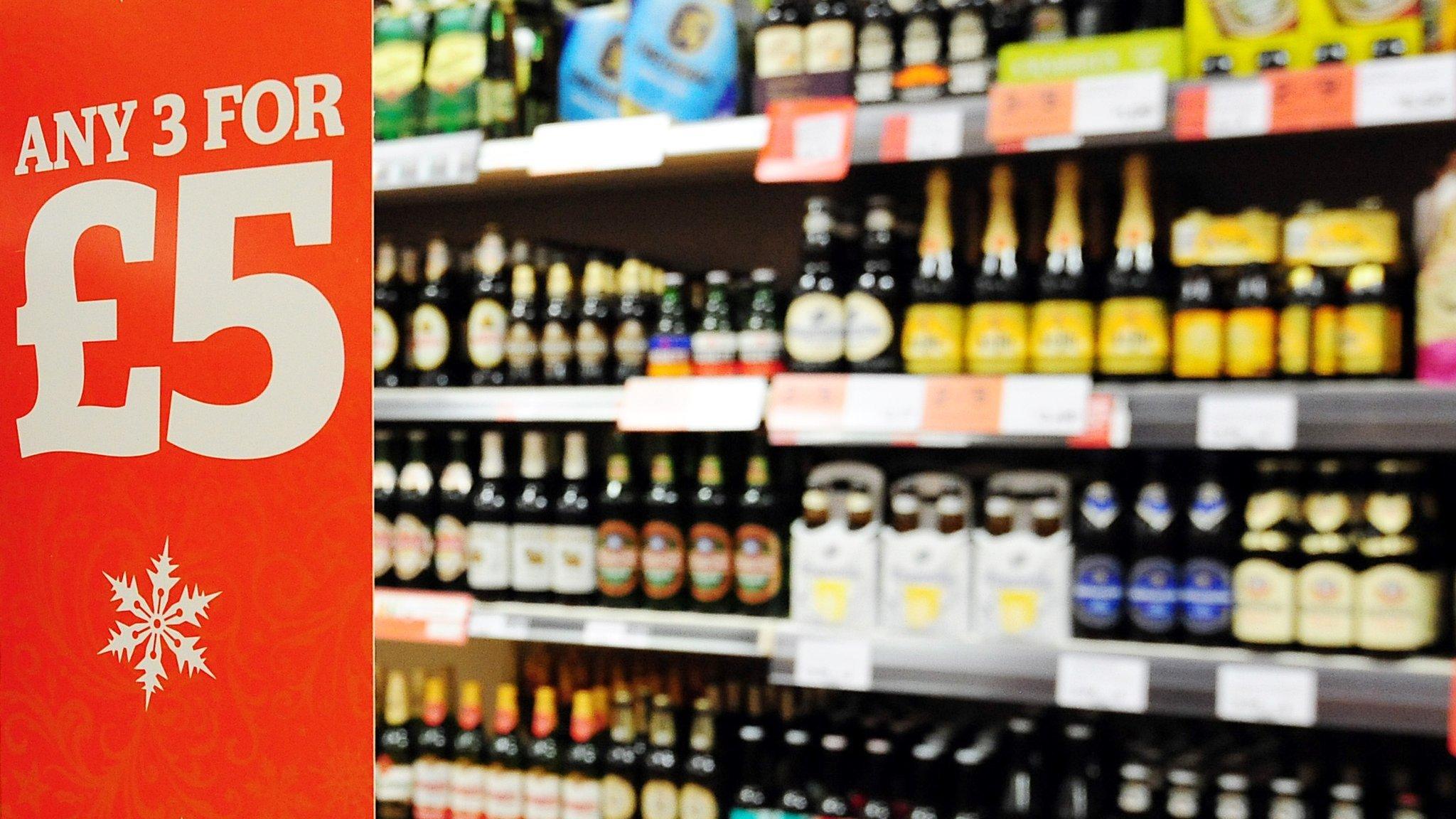
- Published15 November 2017
